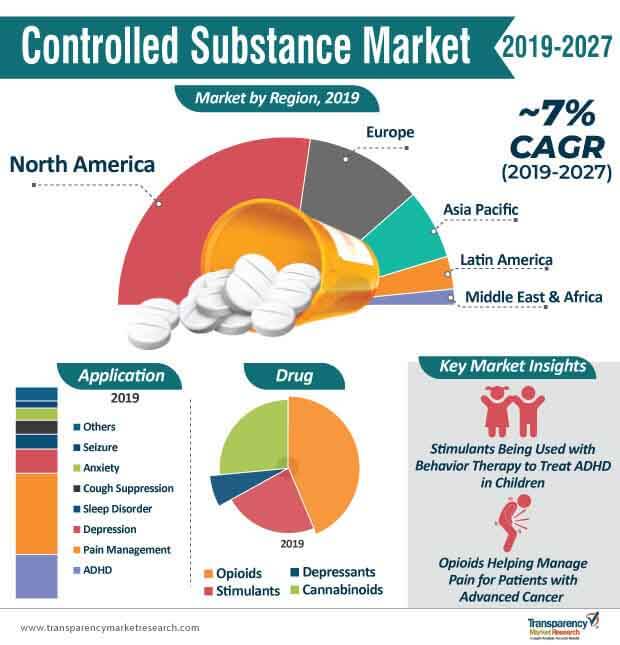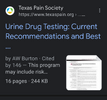- Joined
- Sep 21, 2016
- Messages
- 1,067
- Reaction score
- 1,881
Disagree with the bolded. I know some kids with pretty great families who have kids with autism, ADHD, anxiety, depression, PTSD for reasons outside their family. Family dynamics of course play into it but to ignore other non-familial environmental factors as well as genetic contributors isn't a helpful formulation.Now that I'm no longer in CAP and am working with very sick adults, I've got to say- it is 100% the family dynamics. Most kids don't end up with mental illness for no reason, and when the dysfunction is coming from inside the house, as it were... Well let's just say it can become quite stressful to provide meaningful care when you can't change the environment. Yet parents expect you to "fix" their child while often making no changes themselves, and then blaming you if progress doesn't occur.
Most parents I work with don't expect a quick fix with meds. Many DON'T want meds for their kids and want environmental/parental modifiers first. I do a LOT of parent management training, parent-child interaction therapy, supportive parenting for anxious childhood emotions, and mentalization based treatment for families so many parents are indeed willing to put in the work.








